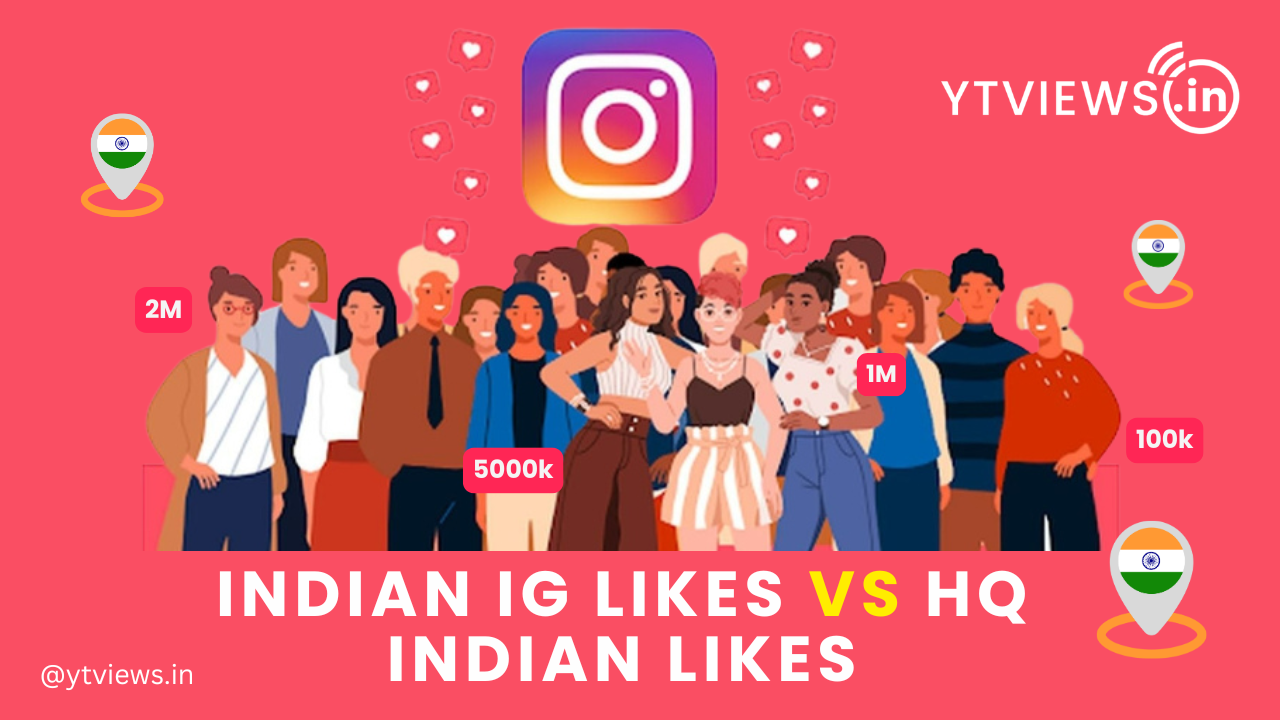Here’s a “not-to-do” list of LinkedIn
The oversharing of personal information, the promotion of divisive political viewpoints, and the posting of images that make you wonder about someone’s judgement are all common occurrences on personal social networking sites like Twitter and Facebook. People frequently overlook the fact that LinkedIn is primarily a professional/business network where you are also a company representative.

According to them, LinkedIn wants to be the biggest professional network on the planet. The majority of users make use of the platform to advance their professional careers or credibly portray their organisations. Nonetheless, I continue to observe a large number of users using the site in rude, spammy, or even career-risking ways.
The following five LinkedIn practices should be stopped right away:
Discussing politics

There are appropriate times and places for political beliefs, but posting them on LinkedIn is not a good idea unless politics is your career. It’s also impossible to predict what political remarks would offend or irritate people, so this isn’t simply true for inflammatory political beliefs.
It’s important to keep in mind that you represent your company on LinkedIn if it’s listed on your profile, which is the case for many people. Politics should not be discussed on LinkedIn, especially if you are speaking on behalf of your work. You never know if something you put in might cost you your career, consciously or unconsciously.
Flirting

Although it seems ludicrous, this occurs more frequently than you may imagine.
Many people have told me that they are receiving more LinkedIn advances than ever before. Also, I’ve noticed some extremely shady image decisions made by people. The world has numerous dating sites, where both parties have a clear aim for being there. Uninvited flirting on LinkedIn is a surefire way to get into trouble; the risks outweigh the benefits. Don’t do it at all.
Keep in mind that whatever you post on Linkedin is public information and can be easily viewed by peers, superiors, subordinates, and potential employers, particularly if you post with your company name.
Tagging Unrelated People in Your Posts for Exposure

Every time I see this, I have the same want to correct someone’s behaviour as my sixteen-year-old daughter does.
A clever tactic for fostering awareness and conversation is to write articles on famous people or to ask a question someone you know in a remark or post. Yet, some LinkedIn users attempt to increase the visibility of their postings by tagging irrelevant persons with large followings; they frequently tag 10–20 people at a time. This appears spammy and is comparable to adding numerous hashtags to the end of a post.
Link Up & Sell

Anybody who has used this platform has received a cold sales pitch over LinkedIn Messenger from someone they have recently connected with or who is wanting to connect with them. This message is usually some sort of prepared or automated marketing pitch for the person’s company. Nowadays, it’s normal to practise to use the bait and switch method, in which the inviter mentions in passing that they’ve seen your profile and want to connect before following up with a sales pitch through messenger as soon as the invitation is accepted. The majority of people automatically tune out or disregard these requests, even though you may believe you are being creative by using this method.
This is the professional version of asking someone for their phone number at a bar before striking up a discussion, and it’s an instant way to lose credibility with potential prospects. I make it a point to remove anyone who does this from my connections list.
Posting Offensive Remarks

If there is one place where you should heed your mother’s advice to “say nothing at all if you have nothing pleasant to say,” it is on LinkedIn. There isn’t a situation I can think of where being a troll could have worse ramifications for your career.
It’s preferable to respond politely or not at all if you disagree with something someone has written in a post or remark that is not directed at you, your business, or a cause you genuinely support.
I am continuously astounded by the commenters who appear to need to vent their frustration or hatred. When someone add their own agenda to a conversation that was truly about something else, it is equally perplexing.
You’ll become a better networker and be able to create more beneficial professional connections if you stop doing these five things.
Related Posts
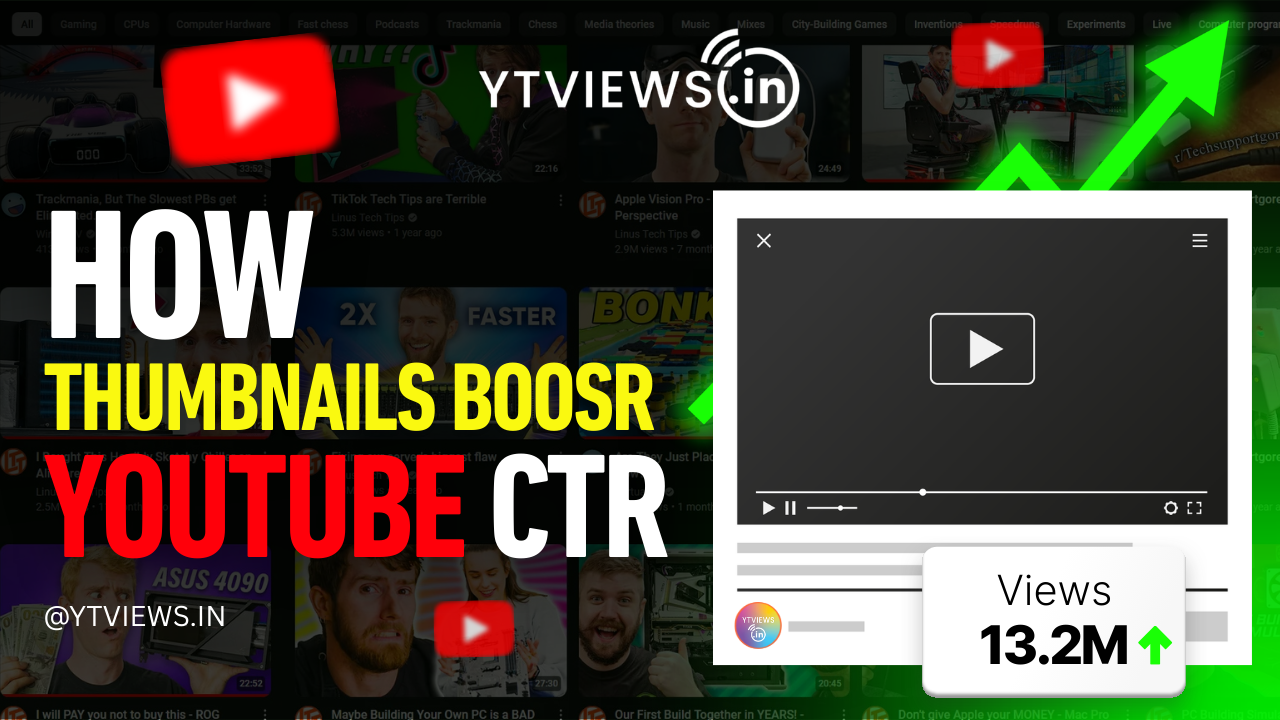
How YouTube Thumbnails Affect CTR (With Real Examples)
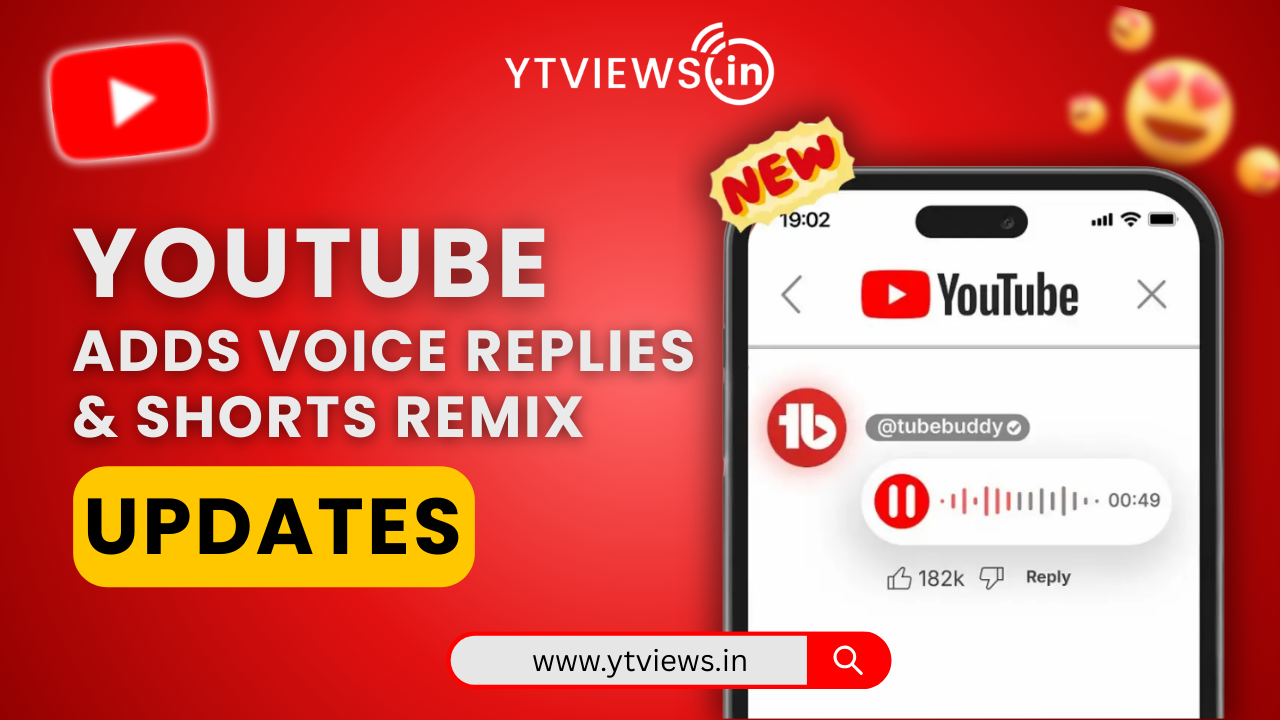
YouTube Adds Voice Replies & Shorts Remix Updates
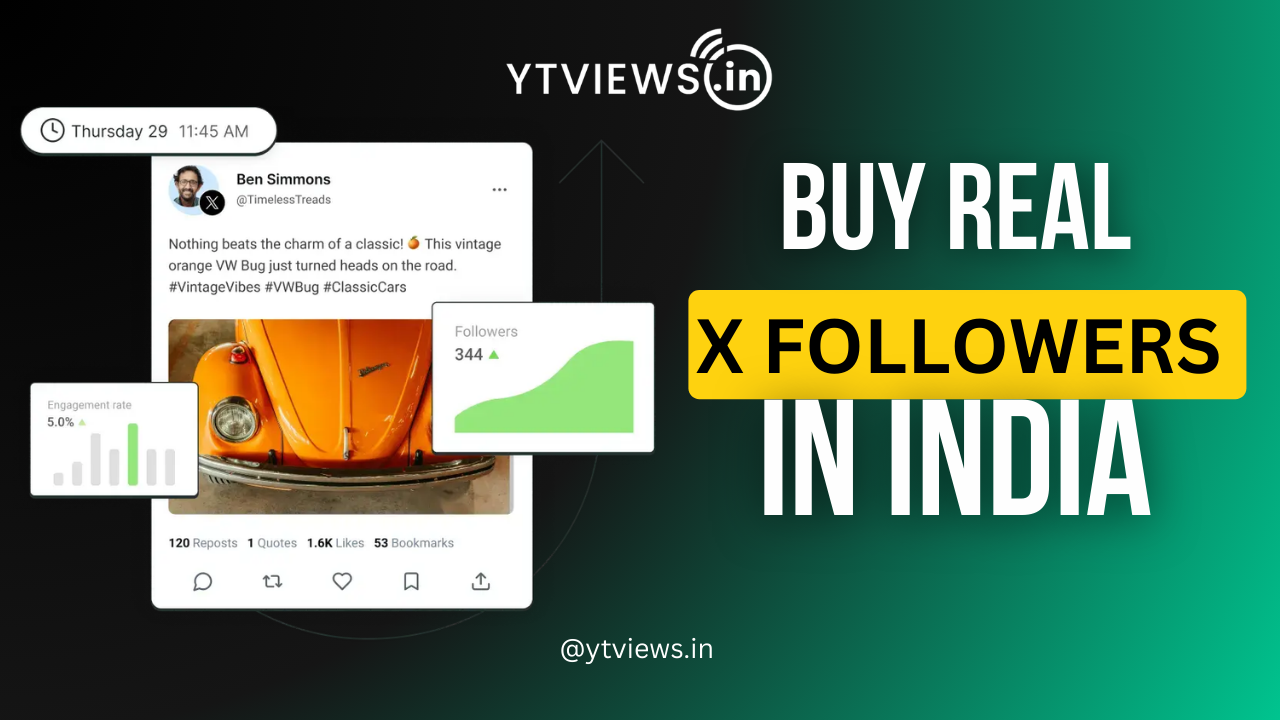
Buy Real X Followers in India for Safe Profile Growth
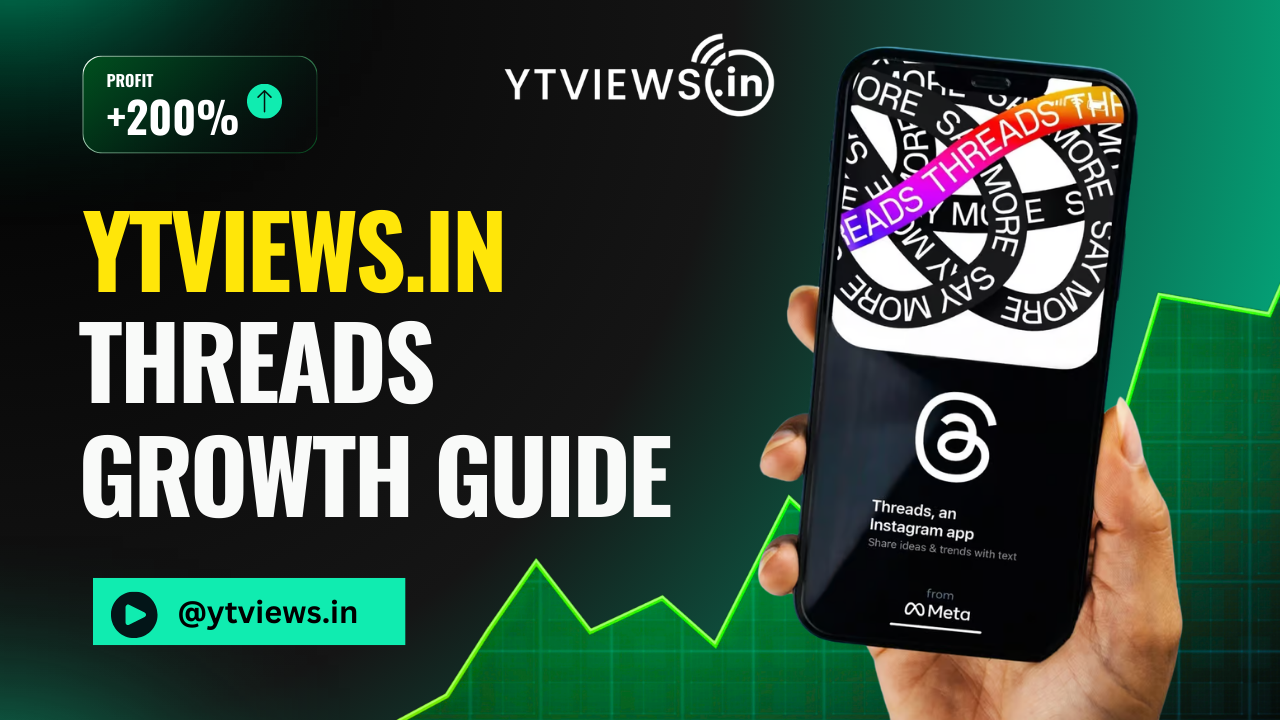
Ytviews.in Threads Followers Growth Strategy Guide
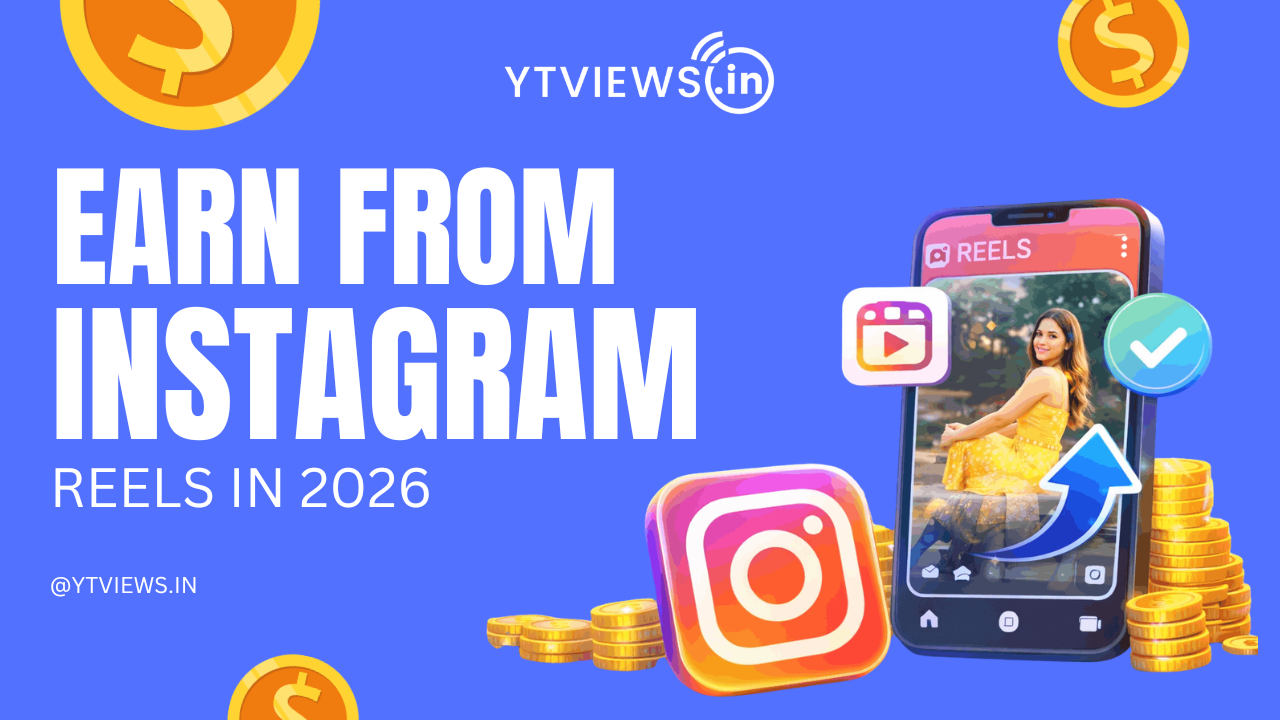
How to earn money from Instagram reels in 2026
